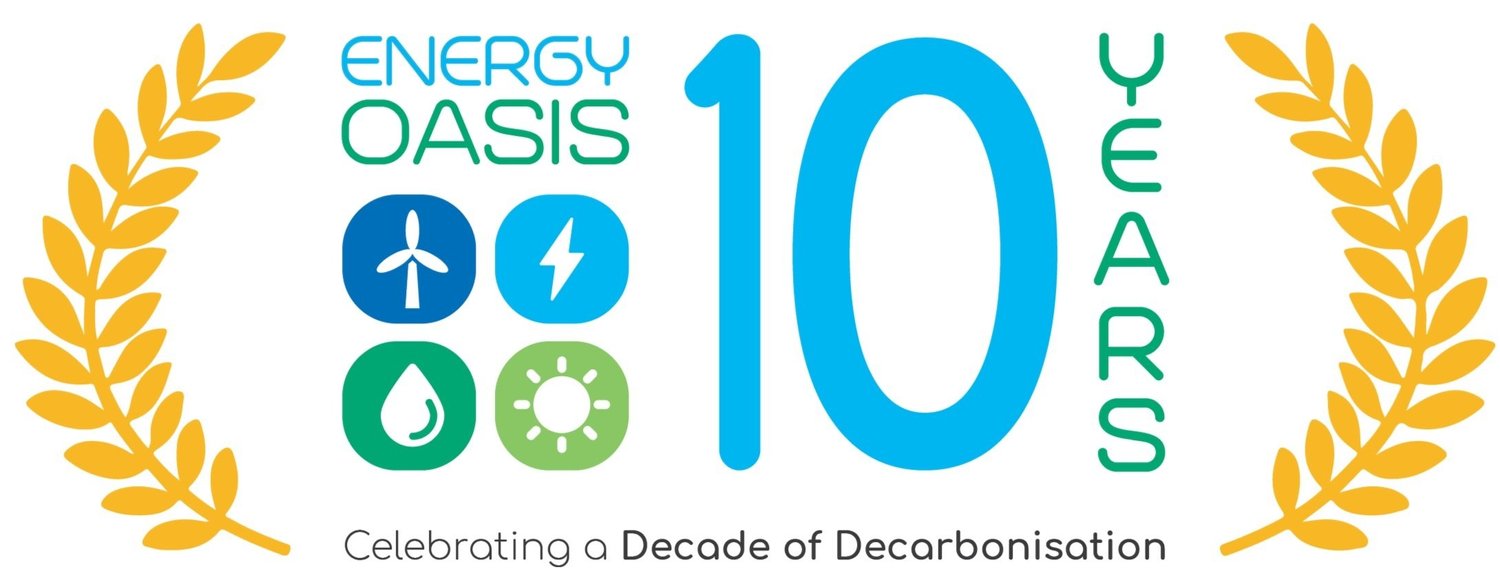Empowering Communities with Renewable Energy: The Path to an Equitable Net Zero
The Current Energy Dilemma
In the current energy system, generators sell their energy back to suppliers at rates two to three times lower than the end customer price. This significantly reduces profitability, making fewer projects economically viable, and provides little incentive for small-scale renewable energy schemes. In an era where energy security is paramount, communities are vulnerable, especially during peak demand periods and global uncertainty.
The UK’s Net Zero Commitment
The UK has pledged to achieve Net Zero by 2050, a goal that requires significant innovation and commitment. A top-down approach alone won't be enough. We need a scalable, financially viable bottom-up approach that empowers communities and ensures a secure energy future.
Community Energy: The Bottom-Up Solution
Community energy projects, owned and controlled by the very people they serve, offer an equitable, sustainable solution. Through these initiatives, communities can create renewable energy microgrids, eliminating fuel poverty and helping the UK transition to Net Zero.
Community energy isn't just about power generation; it's about democratising energy. It offers numerous benefits, including:
Reduced Emissions: By embracing renewable energy, communities can effectively reduce their carbon footprints and advance towards achieving Net Zero emissions.
Energy Security: Community energy projects decrease dependence on foreign energy infrastructure while fostering local resilience, guaranteeing a stable and uninterrupted power supply.
Community Reinvestment: Successful community energy initiatives can generate revenue that can be reinvested back into the community. Projects can also boost local businesses and create jobs, supporting key sectors and stimulating economic growth.
Lower Energy Bills: By generating their own renewable energy, communities can save on energy costs and reduce household bills.
It's about taking back control of our energy sources and using them in ways that benefit us all.
Engaging Communities in the Climate Crisis
A bottom-up approach means direct community engagement, raising awareness of the climate crisis and improving knowledge about low-carbon transitions. These actions are vital if we're to make meaningful progress towards our environmental goals.
Sustainable Housing and New Developments
Incorporating community energy into social housing and new developments can significantly enhance sustainability. The model scales easily for new developments of any size as long as there's enough surrounding land and sets new developers apart from competitors.
Companies like Ecocon and YorEO are leading the way in this respect, demonstrating how sustainable housing can be both affordable and environmentally friendly.
Take Action Now!
The time has come for more communities to embrace community energy programs. At Energy Oasis, we're committed to helping you make this transition. Contact us today to learn more about how we can help you harness the power of community energy for a brighter, more sustainable future.

